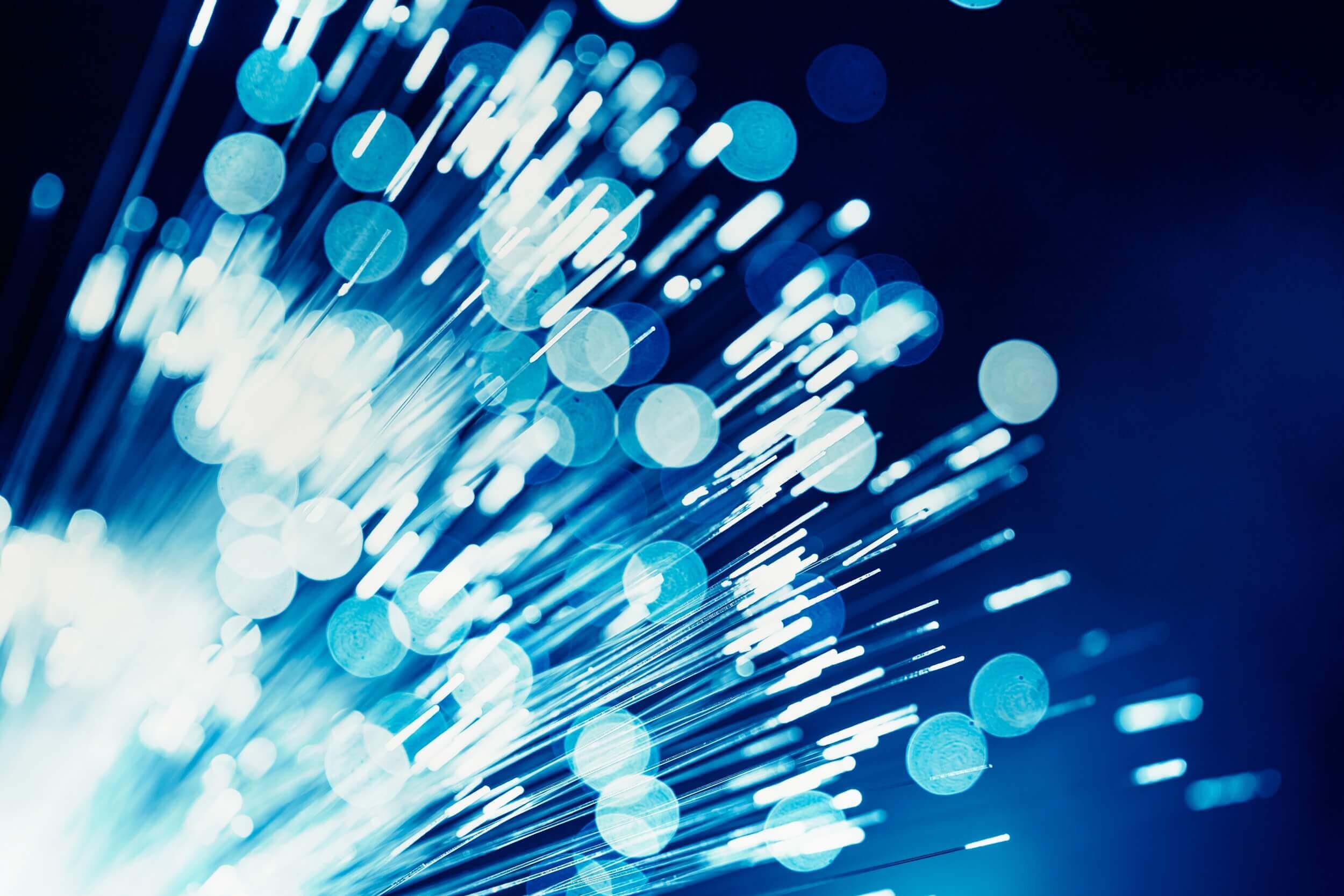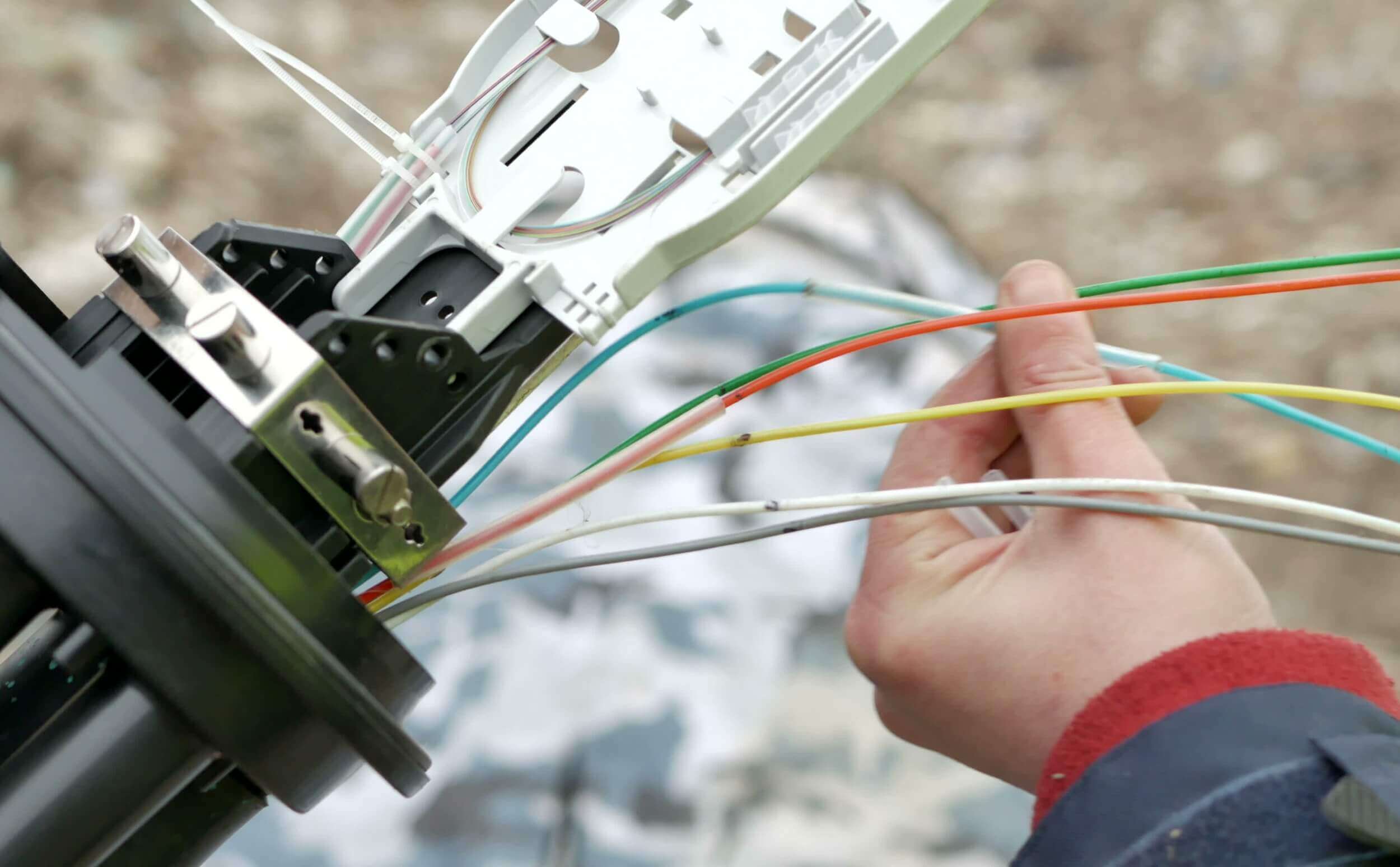The big picture: Internet connections have been on the rise for years, well before Covid-19 forced millions of people to stay home and pushed web traffic to new heights. Fortunately, existing infrastructure hasn't buckled under stress but looking ahead, there's no doubt that we'll need faster connections in the future to support our increasingly digital world.

Researchers from University College London (UCL) in partnership with experts from KDDI Research and Xtera have set a new data transmission rate world record.
Working together, the team was able to achieve a data transmission rate of 178 terabits a second, or 178,000,000 megabits a second. According to UCL’s press release, that’s fast enough to download Netflix’s entire catalog in less than a second.
It is a fifth faster than the previous record set by a team in Japan.
The feat took place in a UCL lab where the researchers utilized a much wider range of wavelengths compared to what is typically used in optical fiber (spectrum bandwidth of 16.8THz versus 4.5THz).
To make it happen, the team developed new Geometric Shaping (GS) constellations (patterns of signal combinations that make the best use of various properties of light) and combined multiple amplifier technologies to boost signal power over the wider data lanes.

Better yet, by upgrading amplifiers along fiber routes, existing infrastructure can be brought up to speed at a fraction of what it would cost to lay new cable.
Those interested in diving deeper are encouraged to check out the researchers' paper on the matter, "Optical Fibre Capacity Optimisation via Continuous Bandwidth Amplification and Geometric Shaping," published in the IEEE Photonics Technology Letters journal.
Image credit: Quality Stock Arts, Sharkstock
https://www.techspot.com/news/86463-researchers-set-data-transmission-speed-world-record.html
